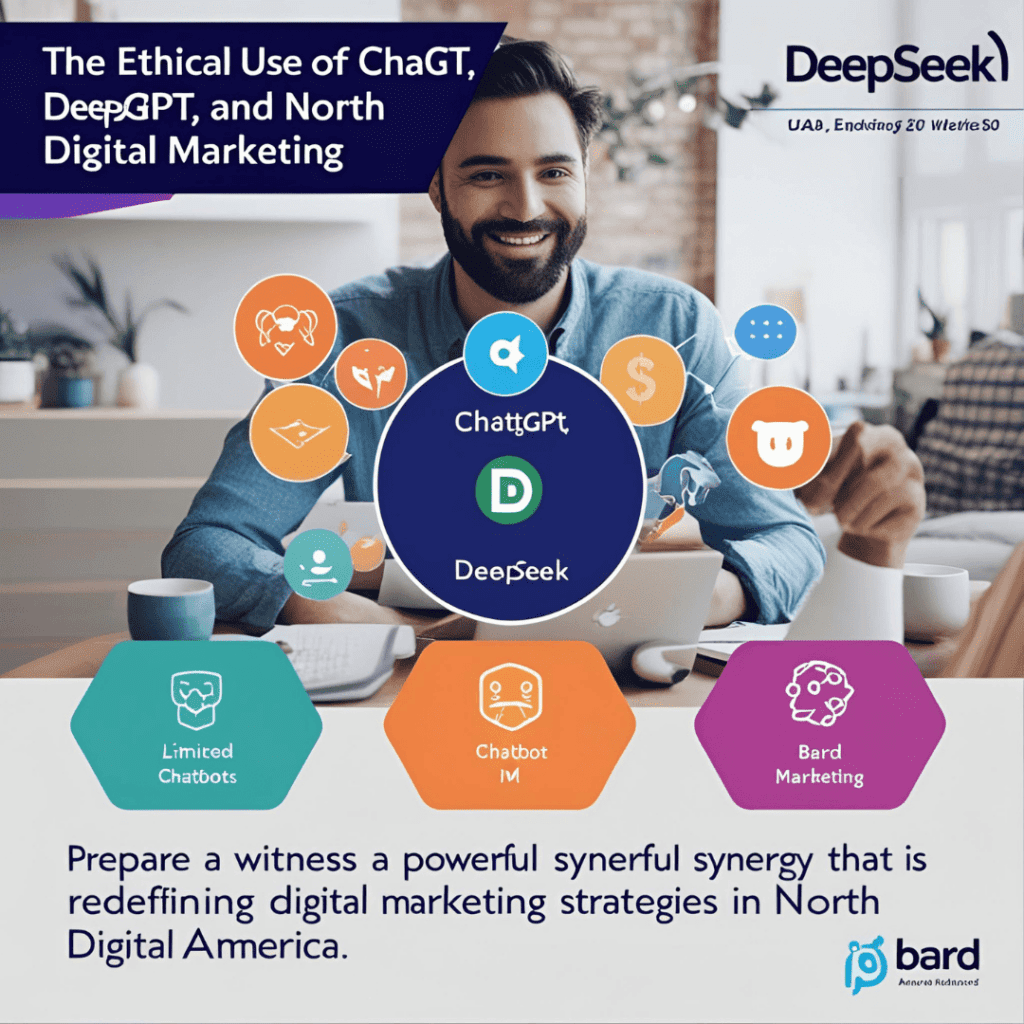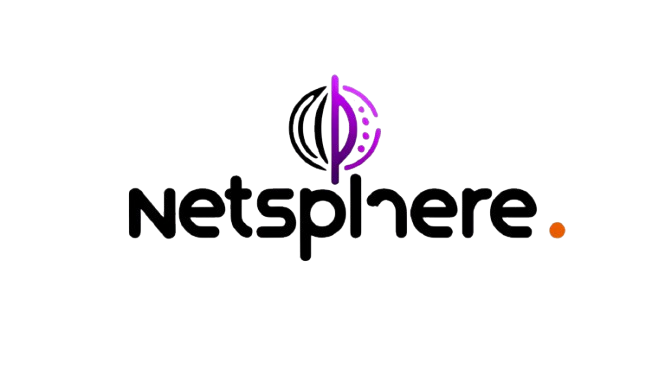Artificial Intelligence (AI) has radically transformed the digital marketing landscape in North America, offering powerful tools like ChatGPT, DeepSeek, and Bard. However, with this power comes a crucial responsibility: ensuring the ETHICAL use of these technologies. This article delves into the ethical considerations and challenges that marketing professionals face when integrating AI into their strategies, addressing critical issues such as data privacy, algorithmic bias, transparency, and the future of human content creation.
The promise of AI in marketing is vast, from extreme personalization to the automation of complex tasks. However, it is imperative that this innovation is guided by solid ethical principles to avoid negative consequences for consumers and the reputation of brands.
The Importance of TRANSPARENCY in the Era of AI-Generated Content:
The ability of ChatGPT and Bard to generate textual content quickly and efficiently raises questions about transparency. Do consumers have the right to know when they are interacting with AI-generated content? A lack of clarity can erode trust and lead to perceptions of deception. It is crucial for companies to adopt transparent practices, informing when content has been created or assisted by AI, allowing consumers to make informed choices about how they interact with brands.

Unraveling ALGORITHMIC BIAS in Personalized Marketing Campaigns:
AI models like DeepSeek learn from large volumes of data, and if this data contains biases (whether of gender, race, or others), these biases can be perpetuated and even amplified in personalized marketing campaigns. This can lead to exclusion, discrimination, and the reinforcement of harmful stereotypes. Marketing professionals need to be vigilant in identifying and mitigating algorithmic biases, ensuring that their campaigns are fair and inclusive for all segments of their audience.
Data Privacy: The Ethical Foundation for Training AI Models:
Training AI models like ChatGPT, DeepSeek, and Bard depends on the collection and use of large amounts of data. In the context of marketing, this raises serious questions about the privacy of consumer data. How are companies obtaining consent to use this data? What security measures are being implemented to protect information? Data privacy regulations, as discussed in North America, require a careful and ethical approach to the collection, storage, and use of data to train AI models and personalize marketing campaigns.
The Future of the MARKETING PROFESSIONAL in the Age of AI:
With the increasing ability of AI to automate tasks and generate content, what will be the role of marketing professionals in the future? Instead of being replaced, marketing professionals will likely evolve to become curators, strategists, and supervisors of AI. Their expertise will be fundamental in defining strategy, ensuring ethics in the use of AI tools, refining generated content, and maintaining the essential human connection with consumers. AI should be seen as a tool to enhance human skills, not to replace them completely.
Regulations and ETHICAL GUIDELINES Under Discussion:
The rapid evolution of AI in marketing has led to heated debates about the need for clear regulations and ethical guidelines in North America. Issues such as responsibility for AI-generated content, the transparency of algorithms, and the protection of data privacy are at the center of these discussions. Marketing professionals need to be aware of these regulatory developments and actively participate in building an ethical future for AI in marketing.
Conclusion: Towards a Responsible Use of AI in Digital Marketing:
Artificial Intelligence offers transformative potential for digital marketing in North America. However, for this potential to be realized in a positive and sustainable way, it is crucial that companies and marketing professionals adopt an ethical and responsible approach. This involves prioritizing transparency, combating algorithmic bias, protecting data privacy, and rethinking the role of the marketing professional in the age of AI. By doing so, we can ensure that technological innovation serves to create a fairer, more transparent, and valuable marketing ecosystem for everyone.
#AIEthics #DigitalMarketingEthics #ChatGPTethics #DeepSeekethics #Bardethics #DataPrivacy #AlgorithmicBias #AITransparency #FutureOfMarketing #ResponsibleMarketing #AIRegulation #NorthAmericaMarketing #ArtificialIntelligence #EthicalTechnology #EthicalDigitalMarketing









